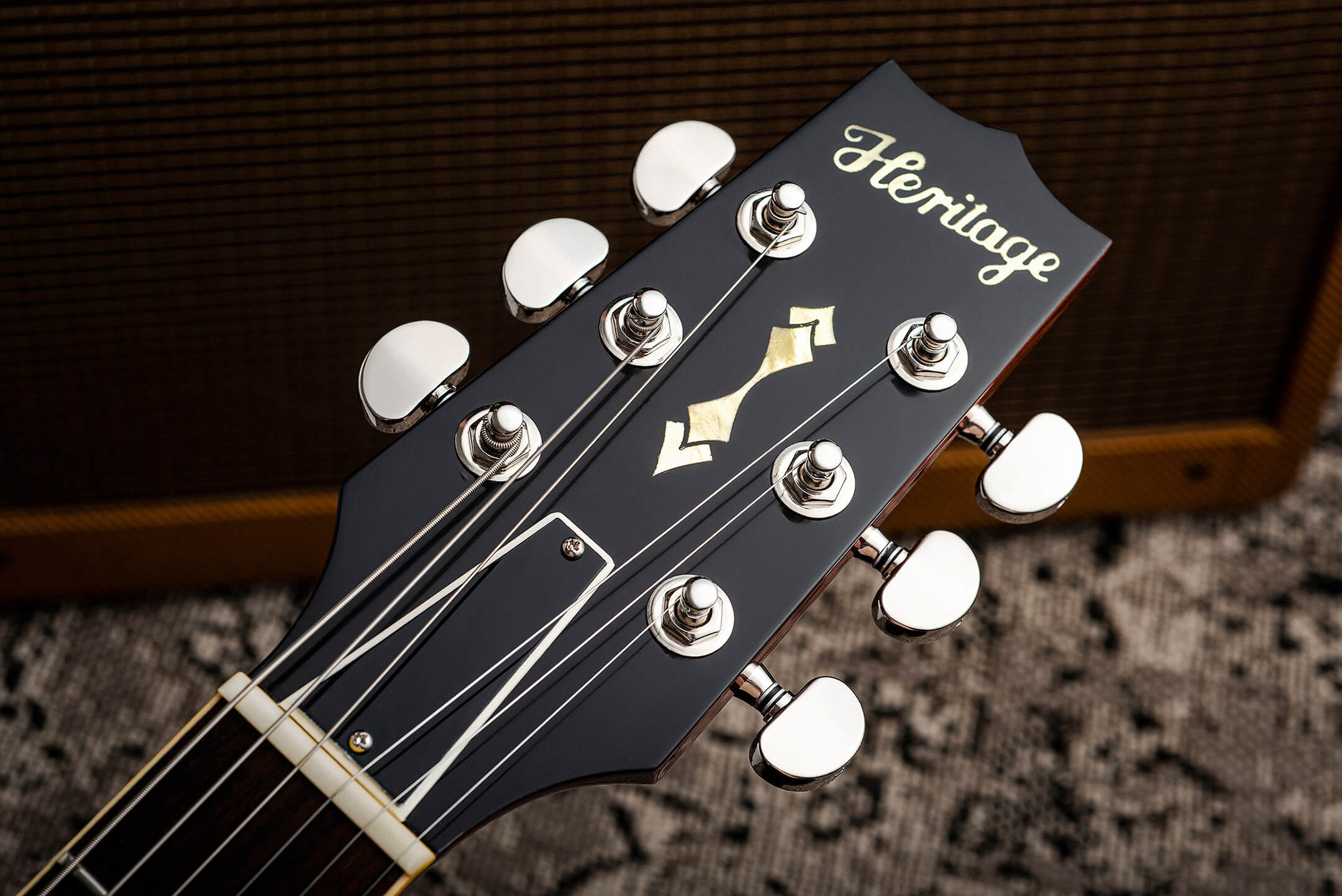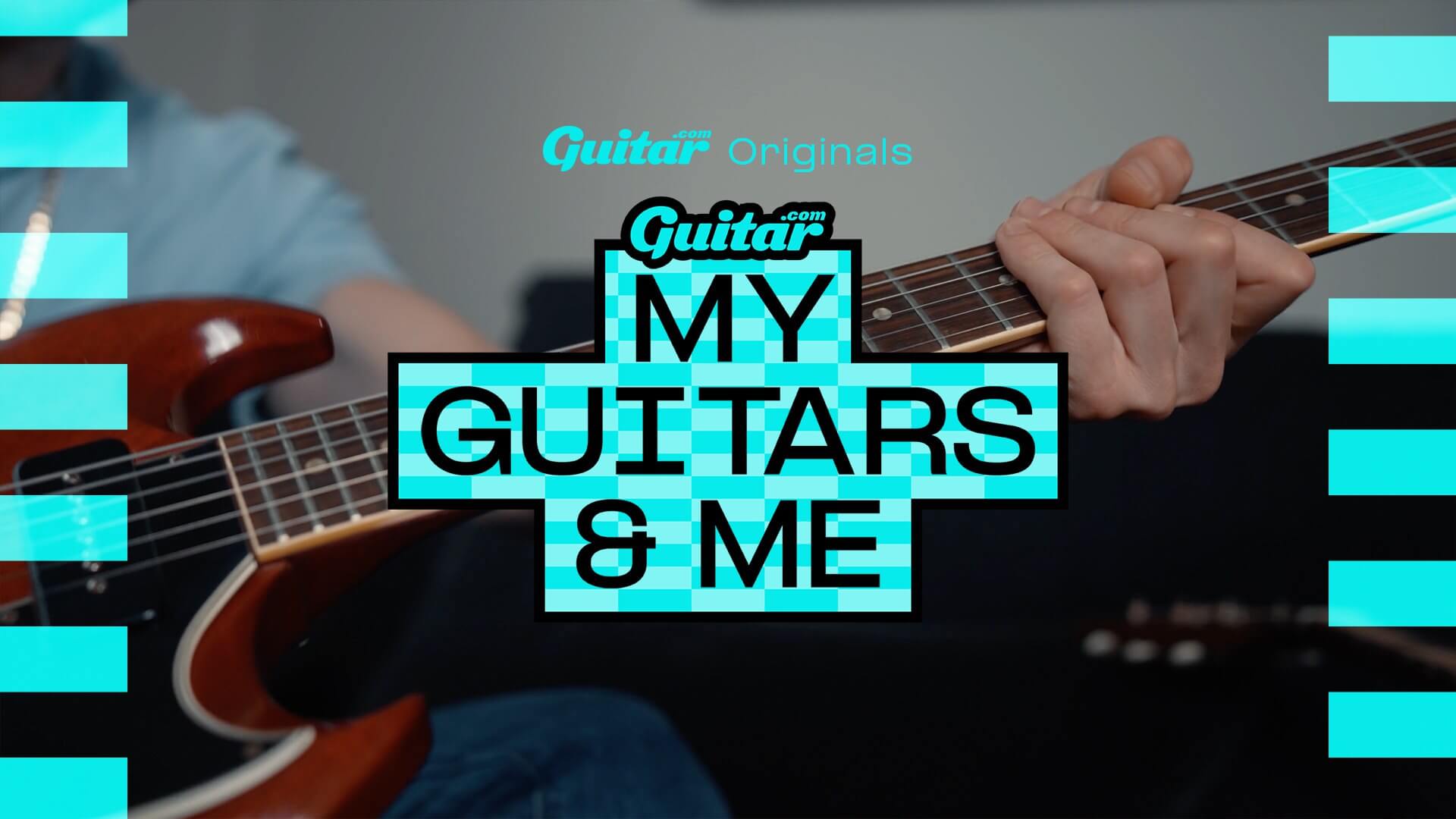Gibson and Heritage agree to end trademark and antitrust legal battle
The two companies will pay their own legal fees and dismiss their claims and counterclaims with prejudice.

Gibson and Heritage have agreed to drop all legal claims against each other after having reached a confidential settlement. However, both brands will pay their own legal fees.
In a statement, Meng Ru Kuok, CEO of Heritage Guitars and Caldecott Music Group, said of the decision: “We are delighted that matters have been resolved and we can now focus on what really matters – carrying on the tradition of guitar craftsmanship and excellence at 225 Parsons Street.”
“We are even more invigorated and committed to continuing to build the world’s finest American-made musical instruments for our community of artists and fans around the world.”
In a press statement, Gibson said the brand is “pleased that the matter Heritage brought […] has been dismissed.
“For 130 years, Gibson has invested in innovation and been at the forefront of guitar development and evolution. As the matter is now resolved, Gibson can move forward and focus on innovation with confidence. These investments and innovation are at the center of Gibson and are protected under Intellectual Property rights, commonly referred to as ‘IP.’ Gibson’s unique designs are registered and Trademarked shapes that are the exclusive property of Gibson. Most recently, the United States Courts ruled to protect Gibson’s intellectual property rights, upholding Gibson’s long-established and well-recognized trademarks.
“Gibson guitar shapes are iconic and firmly protected for the past, present, and future.”
Heritage was formed by former Gibson employees who stayed at the brand’s original 225 Parsons Street factory when Gibson moved. The high-profile legal case between the two brands began when Heritage accused Gibson of threatening to take legal action regarding guitar shapes – seemingly going against the terms of the brand’s 1991 settlement with Gibson, which set out the ways in which Heritage could continue to make certain styles of electric guitars after Gibson first accused it of infringement.
Heritage also introduced an antitrust aspect to the case in 2021, claiming that Gibson was attempting to monopolise the guitar market through various means – including by cutting ties with retailer Swee Lee, which, like Heritage, is part of Vista Musical Instruments. In response, Gibson asserted that it was abiding by the terms of the 1991 agreement and made various counterclaims against the monopolisation accusations.




